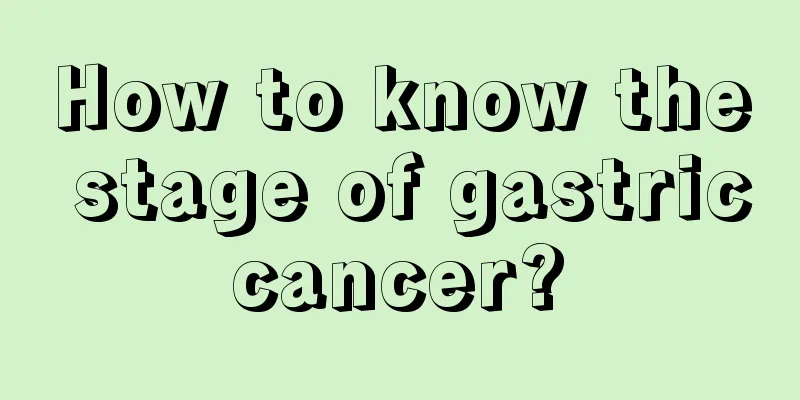Is it normal to have menstruation after confinement?

|
Women need to take a month-long confinement period after giving birth in order to reduce the risk of disease and restore their bodies as quickly as possible. Because women consume a lot of physical strength and energy during childbirth, their resistance is seriously reduced. If they do not recover in time, they will suffer from diseases in the later stages. The reproductive system is in the recovery period during the confinement period and menstruation will not occur for the time being. Is it normal to have menstruation after the confinement period? It's normal. It will not affect the nutrition of breast milk. There are great individual differences in the resumption of menstruation and ovulation after childbirth. Generally, mothers who do not breastfeed can resume menstruation 6-8 weeks after delivery, while mothers who breastfeed will resume menstruation later, or even not have menstruation during the entire lactation period. The dosage for the first menstruation is often larger, and most of the time it is anovulatory menstruation. After three or four menstruations, menstruation and ovulation will return to normal. When a mother is breastfeeding, the stimulation of the baby sucking the nipple can reflexively cause the pituitary gland to continuously release prolactin, inhibiting ovarian ovulation and preventing menstruation. This reaction is strongest within one month after delivery. By about three months after delivery, the reaction gradually weakens, the inhibition of ovulation is lifted, and ovulation resumes before menstruation. According to statistics, the earliest ovulation for non-breastfeeding mothers is 31 days after delivery. Due to large individual differences, using breastfeeding to achieve contraception is not reliable. Conception is also possible if ovulation occurs before the return of menstruation, so effective contraceptive measures should be adopted starting from 3 months after delivery. The time of menstruation resumption may be early or late. Some mothers may have menstruation as early as one month after the birth of their baby, while others may have to wait until the baby is one year old. For new mothers who breastfeed their babies, ovulation and menstruation resume later, and some may not have menstruation until a year later. For most people, the first menstrual flow is heavier than usual, but the second period will be normal, so no treatment is needed. When menstruation comes, the amount of milk a breastfeeding mother produces generally decreases, and the quality of the protein and fat in the milk also changes slightly, with the protein content being higher and the fat content being lower. This milk sometimes causes indigestion symptoms in babies, but this is a temporary phenomenon and will return to normal after the menstrual period. Therefore, mothers do not need to stop breastfeeding whether during or after menstruation. |
<<: Is it okay to get eyebrow tattoo during menstruation?
>>: How to distinguish between menstruation and lochia after delivery?
Recommend
What to do if your teeth are particularly sensitive
We don't pay much attention to our dental hea...
What is the cause of hamartoma
Although there are many treatments for hamartoma,...
Very few people know the correct treatment for metastatic lung cancer!
Metastatic lung cancer is a symptom caused by the...
What should I do if I have a lump and pain in my breast?
In life, women have many problems with their brea...
What is the cure rate for late-stage ovarian tumors?
When ovarian tumors occur, many women actively se...
What are some tips for preventing lung cancer recurrence? Six tips for preventing lung cancer recurrence
It is well known that lung cancer is difficult to...
How can you wash moldy clothes?
After the clothes have been left at home for a lo...
What are the 6 early signs of osteosarcoma? Symptoms of osteosarcoma
Osteosarcoma is the most common bone cancer. It i...
What to do if there is blood in sputum after treatment of nasopharyngeal carcinoma
After the treatment of nasopharyngeal carcinoma, ...
What are the differences between a big back hair and a small back hair?
As people's living standards improve and thei...
Any disease may occur, including colon cancer
In modern society, there are natural hazards and ...
Early symptoms of hemorrhoids
Hemorrhoids are the common name for hemorrhoids a...
Early symptoms of cervical cancer can occur in women of any age
Clinically, the early symptoms of cervical cancer...
What's the matter with dry cough and vomiting
Many people suffer from diseases due to many fact...
What are the causes of ovarian cancer
The specific causes of ovarian cancer are not ver...









